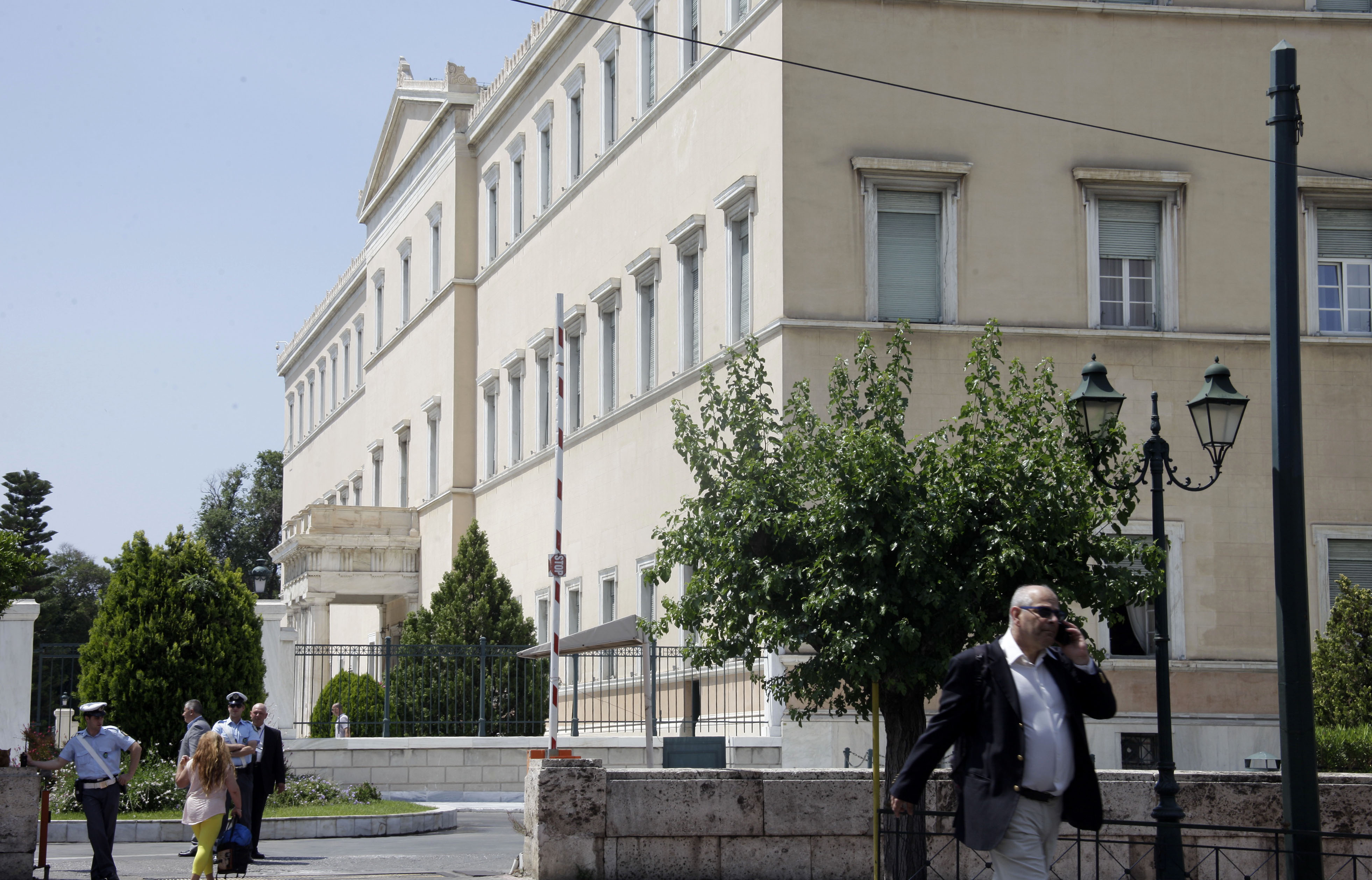In its report on the second trimester of 2016 and the Greek economy, the Parliamentary Budget Officer underlines that the third bailout program “must succeed” and that there is no other path in order to return to growth.
Nevertheless, the report warns that a series of critical decision must be made over the next few months, ahead of the second bailout review in the fall. These decisions could potentially cause turmoil, as they will affect sensitive areas, such as labor relations.
Should the necessary reforms however be carried out, there will be a fundamental change to not just the content, but to the institutions of financial and social policy. The repot stresses that it is critical to support this change, in order to avoid a stagnant bankruptcy.
According to the report, the third bailout’s goal for a 3.5% primary surplus is “unrealistic”, while the delays in addressing debt relief are further fueling uncertainty in Greece. On the contrary though, the bailout ensures that the State will fulfill its obligations, with a section of financial aid going to pay off State debts towards the private sector.
The management of non-performing loans, along with the labor reforms, will be crucial issues that need to be resolved carefully, in order to avoid further delays to economic growth and tackling unemployment.
The reduction of exports by 11.7%, according to official statistics for the first trimester, along with a recent wave of major companies going bankrupt could affect economic growth, since they introducer additional frontloaded austerity via additional taxes that discourage consumption and investments.
Finally the report highlights the uncertainty caused by the automatic fiscal adjustment mechanism. Although the government hopes to avoid activating it, such a development could hinder growth and economic recovery.
The full report (in Greek) is available online.




